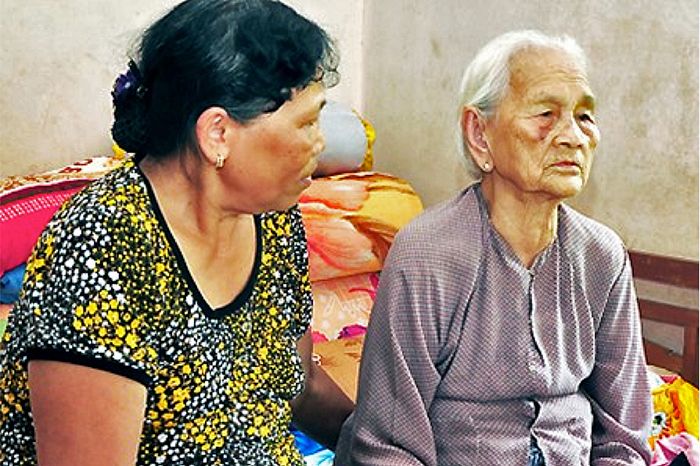Vietnam's new law on children, which comes into effect today, prohibits adults from posting photos and information of children online without their permission.
A revision to Vietnam's law on children now entitles children to privacy rights, especially online.
Accordingly, in order to publish information about kids aged seven and above online, consent must be obtained from them and their parents or guardians. Based on Article 33 from Decree 56, this encompasses the revelation of a child's name and age, identification traits, photos, contact information and even school records.
News of the new law has left some parents worried that their habit of posting their kids' photos on social network sites may become illegal, reports Tuoi Tre.
Nguyen Duc Lam, a law practitioner in Ho Chi Minh City, confirmed their fear with the news source: "Parents may breach the law by posting photos and the intimate information of their own children on Facebook or other online platforms."
But some law experts have interpreted the wording of the legal documents differently. Nguyen Thi Thuy Huong, a member of Ho Chi Minh City Bar Association, told Lao Dong that the clause only applies to governmental bodies, companies and organizations, as laid down by Decree 56’s Article 36. Therefore, she said, parents, who are also their children's guardians by default, are not violating the law by sharing family vacation photos or showing off their kid's school reports online.
Other lawyers, however, are more concerned about enforcing the law. "Penalizing offenders will be difficult in the beginning, as posting photos of children online has become too common to keep track of," Vu Tien Vinh, director of Hanoi-based law firm Bao An, told Zing in Vietnamese, while stressing the importance of the law in Vietnam’s current social context. However, he also commented that its main purpose should not be to fine perpetrators, but to increase parents' awareness about the consequences of their online presences.














